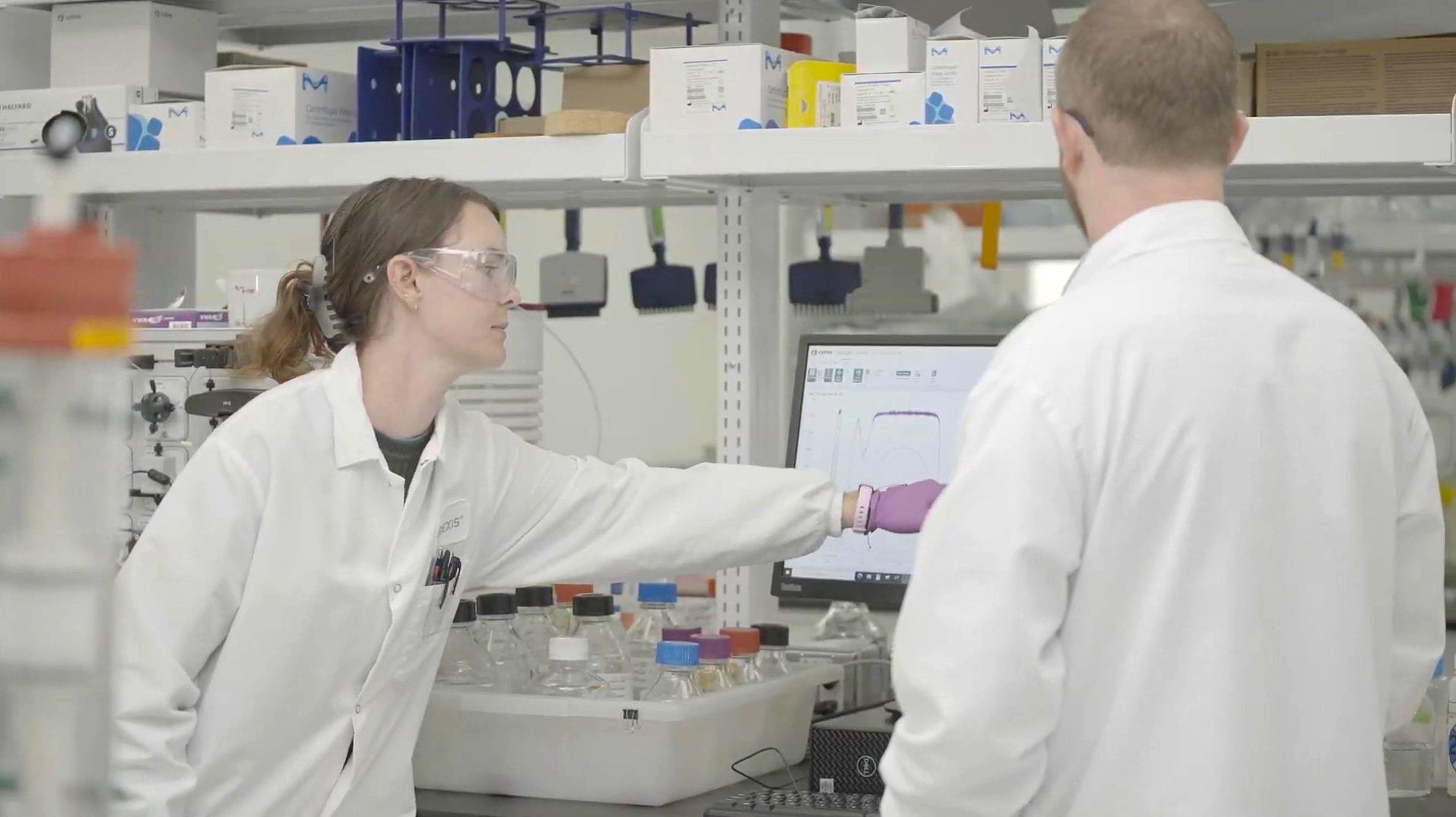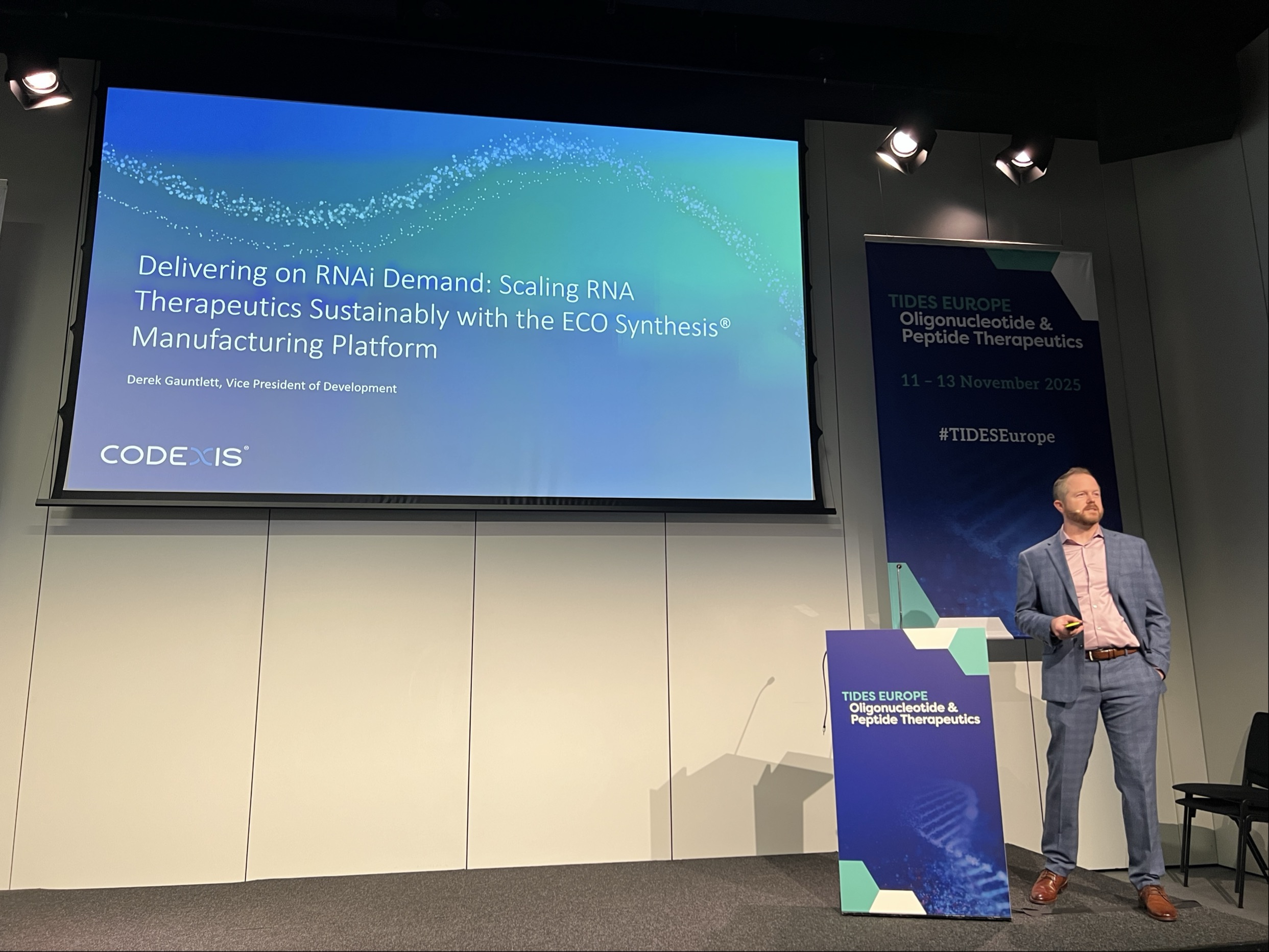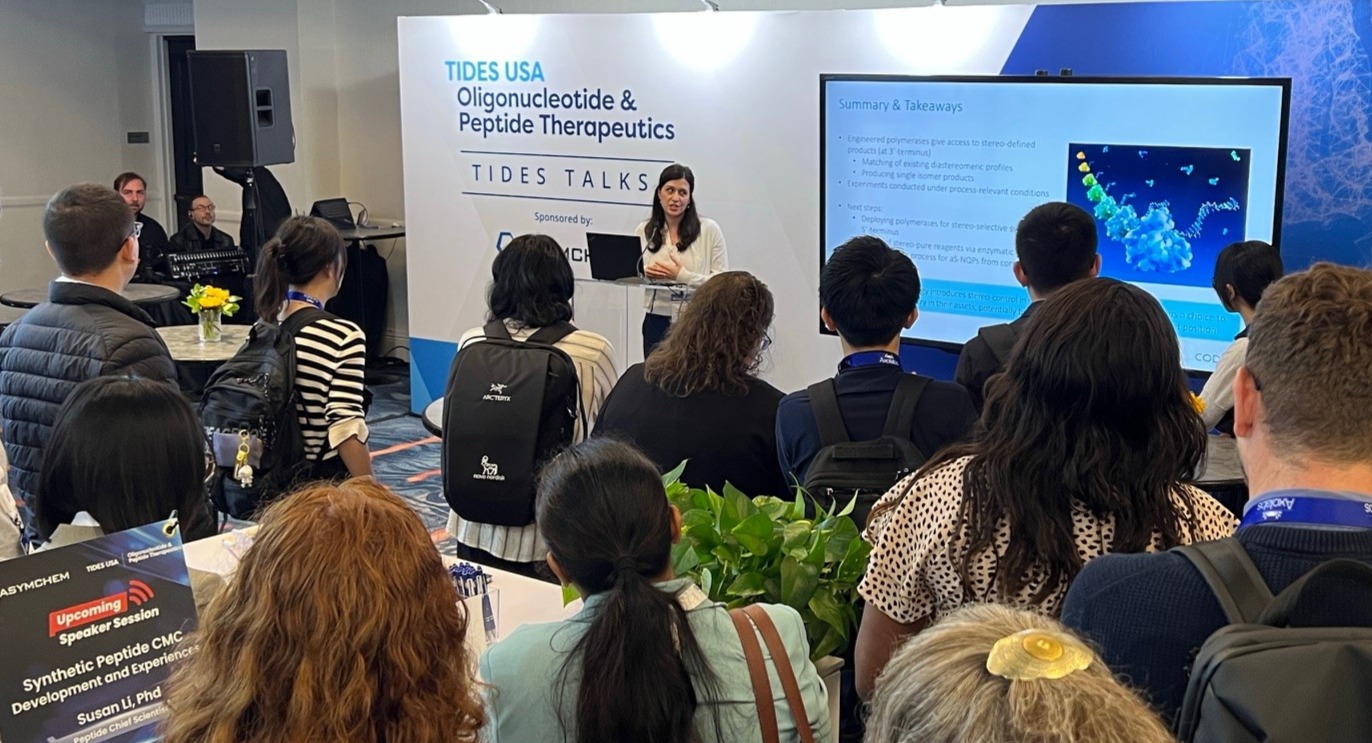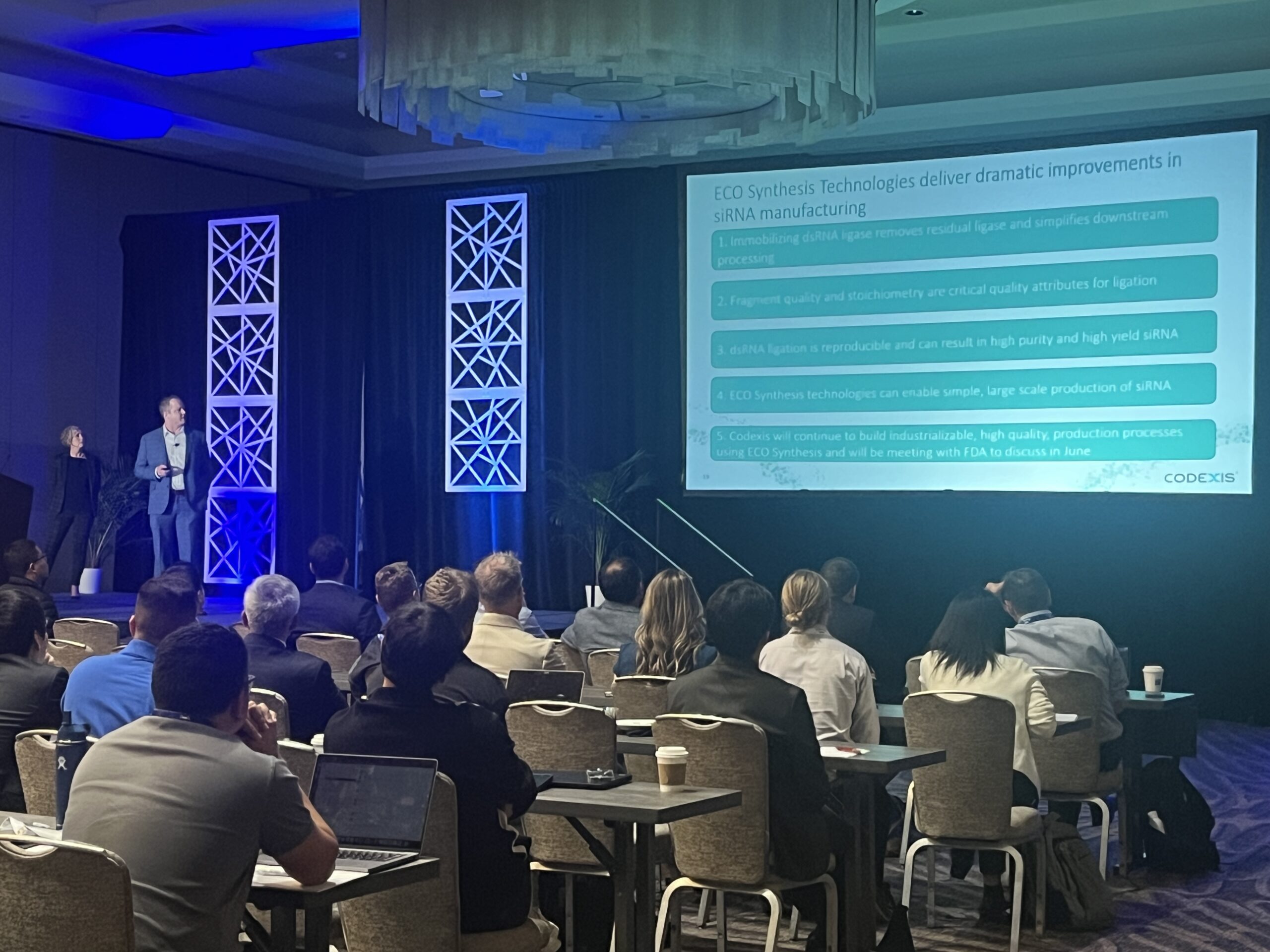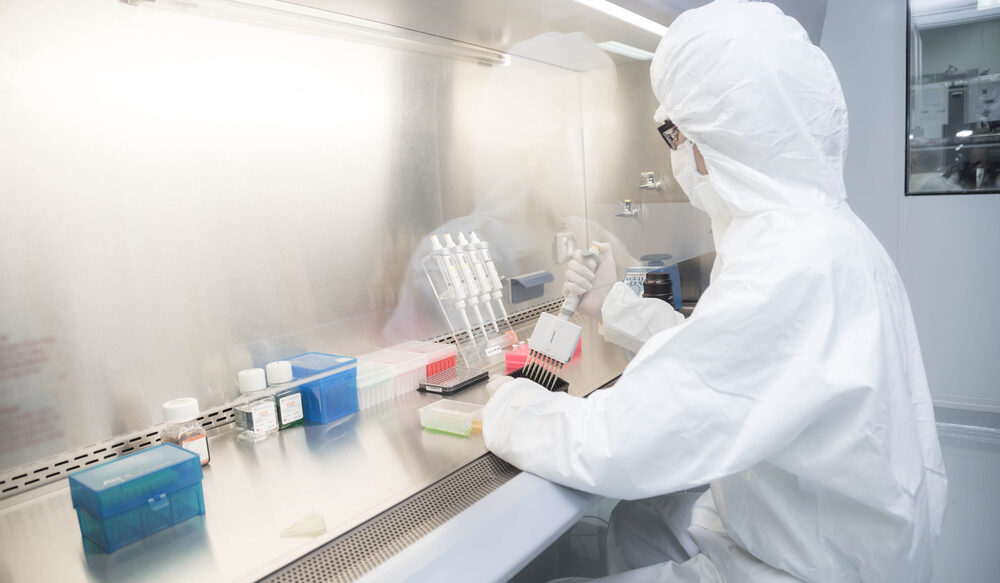Home / Technical Content
Proof in Performance
Explore the science that turns theoretical therapies into life-changing realities.
Unlocking the Future of RNA Manufacturing: A Guide to Enzymatic Synthesis
Enabling in-process control with analytical monitoring after each cycle
Scaling RNA therapeutics sustainably
Enzymes to enable a biocatalytic cascade for small molecule API
Machine learning-guided ligation fragment design for efficient siRNA synthesis
Comparative analysis of diastereomeric distribution in siRNA synthesis: SPOS vs enzymatic synthesis
Oligonucleotide CMC for sustainable and scalable enzymatic siRNA manufacturing
Process Development for Enzymatic Synthesis of RNAi Therapeutics
Improving siRNA Production Efficiency
RNA Synthesis using Ligation for Improved Scalability and Reduced Manufacturing Cost






Discover the Expertise Powering Possibility
Speak to our experts to learn how our platforms deliver smarter science, faster timelines, and greater confidence. Let’s talk.

